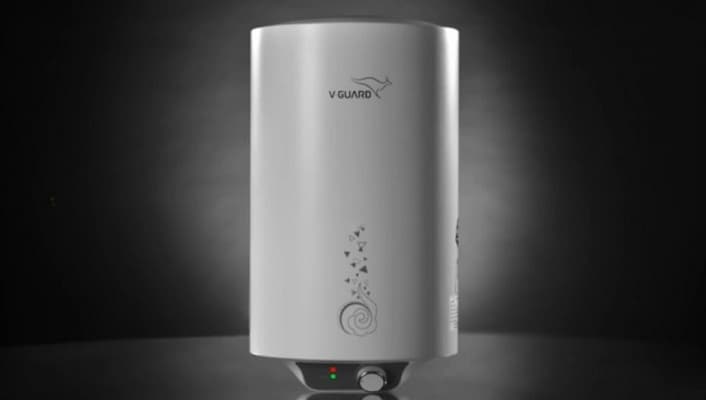Geysers or water heaters have become a necessity for every Indian household. These appliances are especially effective when outside is cold. We all need hot water for washing dishes, in addition to every morning showers. Simply put, when you need to take a shower, at the same time the temperature is quite cold and cold, a geyser plays an important role. Choosing between a 3-liter geyser and a 5-liter geyser can be quite difficult as they operate differently in terms of power consumption and heating duration. But, unlike a 3-liter geyser, a larger appliance has more capacity and takes less time to heat the water.
They safely meet your hot water needs in no time at all. The 5-liter geyser gets its heat source from electricity and stays on for an extended period. The only concern is that the higher the capacity of the geyser, the higher the power consumption. There are many types of geysers available, and knowing what suit your needs, you can know through this post. In this article, you will read about a device that will not increase your electricity bills while serving you the right purpose.
Let’s take a quick look:

How to choose the best 5-liter Geyser in India?

Before you shortlist a specific water heater, you are advised to read everything about that appliance, its features, and features. In addition, you must consider a variety of factors, including the type of geyser, wattage, price, capacity, and more.
- Types of Geyser
Geysers are categorized into numerous types. Here we mention the most popular water heaters available on the market.
- Solar Geyser
As the name suggests, this water heater relies on Sunbeam. The energy collected from sunlight is used to heat the water. To harness solar energy, you need a rooftop solar panel which is then converted into heat. It is a slow process of heating the water and is not effective during monsoon season and cloudy days.
- Electric Geyser
A commercial yet the most well-known type of geyser commonly found in most homes, an electric geyser uses electricity to heat water. Depending on the construction, there are two versions of electric geysers – storage geysers and instant geysers. They both work through powder and have some differences.
- Gas Geyser
Another popular type of water geyser is a gas geyser. This heater uses LPG gas and propane to warm up the water. Unlike an electric geyser, gas is a far simpler appliance. They have further categorized into two types similar to electric geysers. One is a storage geyser another is an instant geyser.
Speaking of gas geysers, they withstand the heat of 50 gallons of water at a time and can heat more water than electric geysers. They are affordable compared to the electric geyser. As opposed to other geysers, gas geysers can harm you because they aren’t safe.
- Wattage
Before choosing the best geyser in India, you should consider the wattage of the geyser. This element shows how slow or fast a device can move water. Waiting for the water to heat up to take a bath is a serious pain. For routine purposes, you can rely on a geyser with 4.5wattage as it works faster as opposed to a 2 kW wattage geyser. Geysers that instantly hot water often have more wattage and therefore save on electricity consumption. But, you should choose a geyser with a fast hot water supply.
- Capacity
The capacity of a water geyser is determined by its size of the geyser. Or, the capacity indicates the amount of water. Depending on the purpose of the hot water and the size of the family, you can calculate the exact size of the geyser.
- Features
The geyser type you choose needs to have a number of features for outstanding performance. These include:
- Glass-coated heat element
A heating element makes your appliance unique from one another. Glass-coated heating elements last longer than those metal heating elements. While metal heating works faster but is not as safe as glass coated. On the other hand, the glass coating prevents corrosion when heated.
- Safety Valve
A safety valve is essential for a water heater. Quality geysers have a safety valve at the top of the water tank while some may have it on one side. It is connected to a discharge tube at the bottom for temperature relief and water pressure control.
Santosh Kumar, the author behind IndiasStuffs.com, is passionate about sharing valuable insights on a variety of topics, including lifestyle, technology, and Indian culture.





